I am a planner, an organizer, a nit-picker. I love to plan. I love to plan dinner, I love to plan vacations, I love to plan my work. OK, so I might be a bit of a controlfreak. But planning is one of the most essential things to do while conducting your PhD, so we were told last week by The Dutch PhD Coach Arjenne Louter. While I might be over-organizing things myself sometimes (illustrated by the pictures below: (1) my “Wall of Thought”, (2) my neighbour’s wall), still I found some tips to be very helpful. Especially when you are just starting out as a PhD, just like me, planning four years into the future might make you somehow scared, stressed, or leave you completely blank. What on earth will you be doing in your 4th year when you have not even been around for 6 months yet?! Do not panic, for here are some tips for planning your PhD when you have only just started.
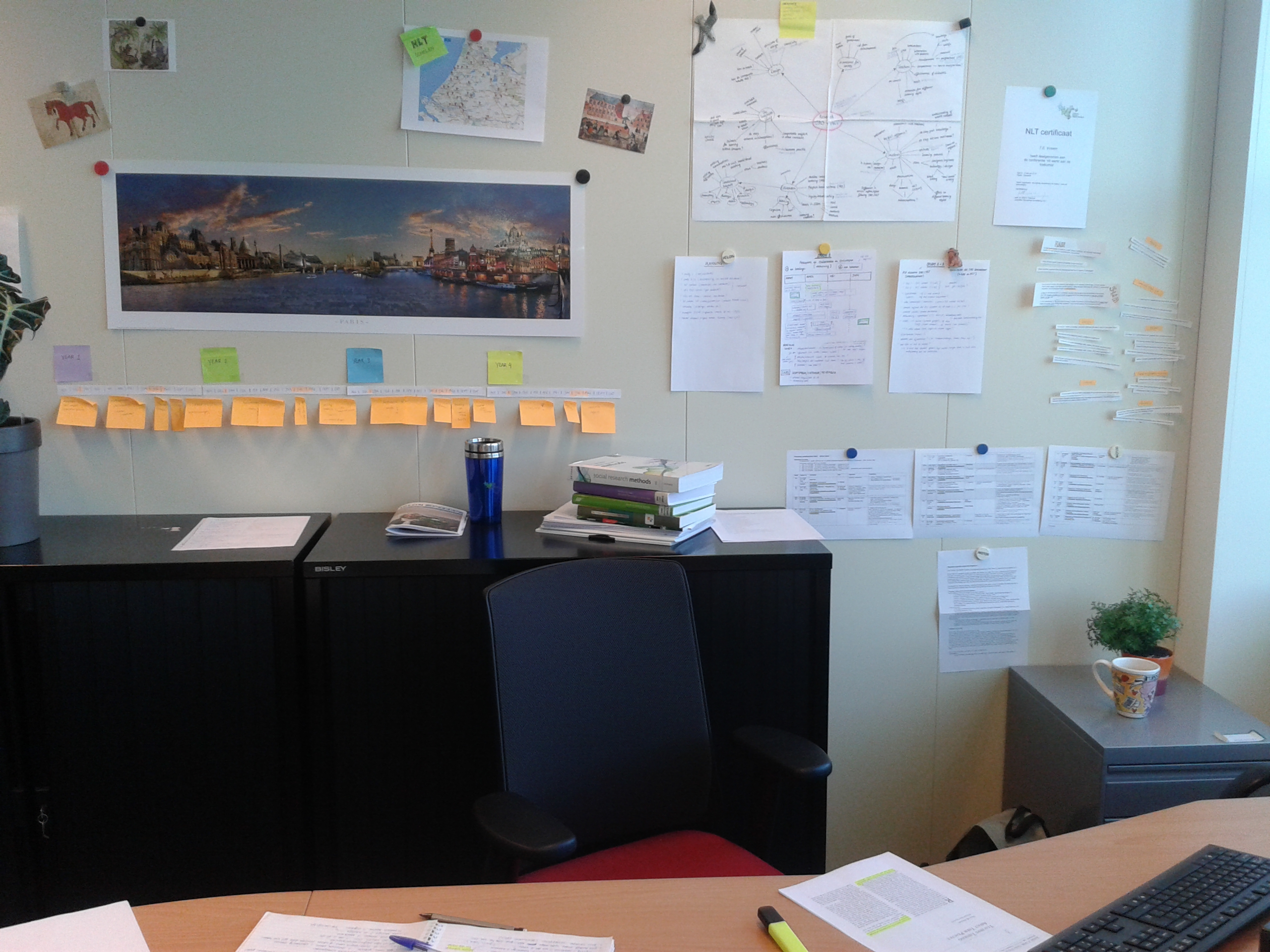
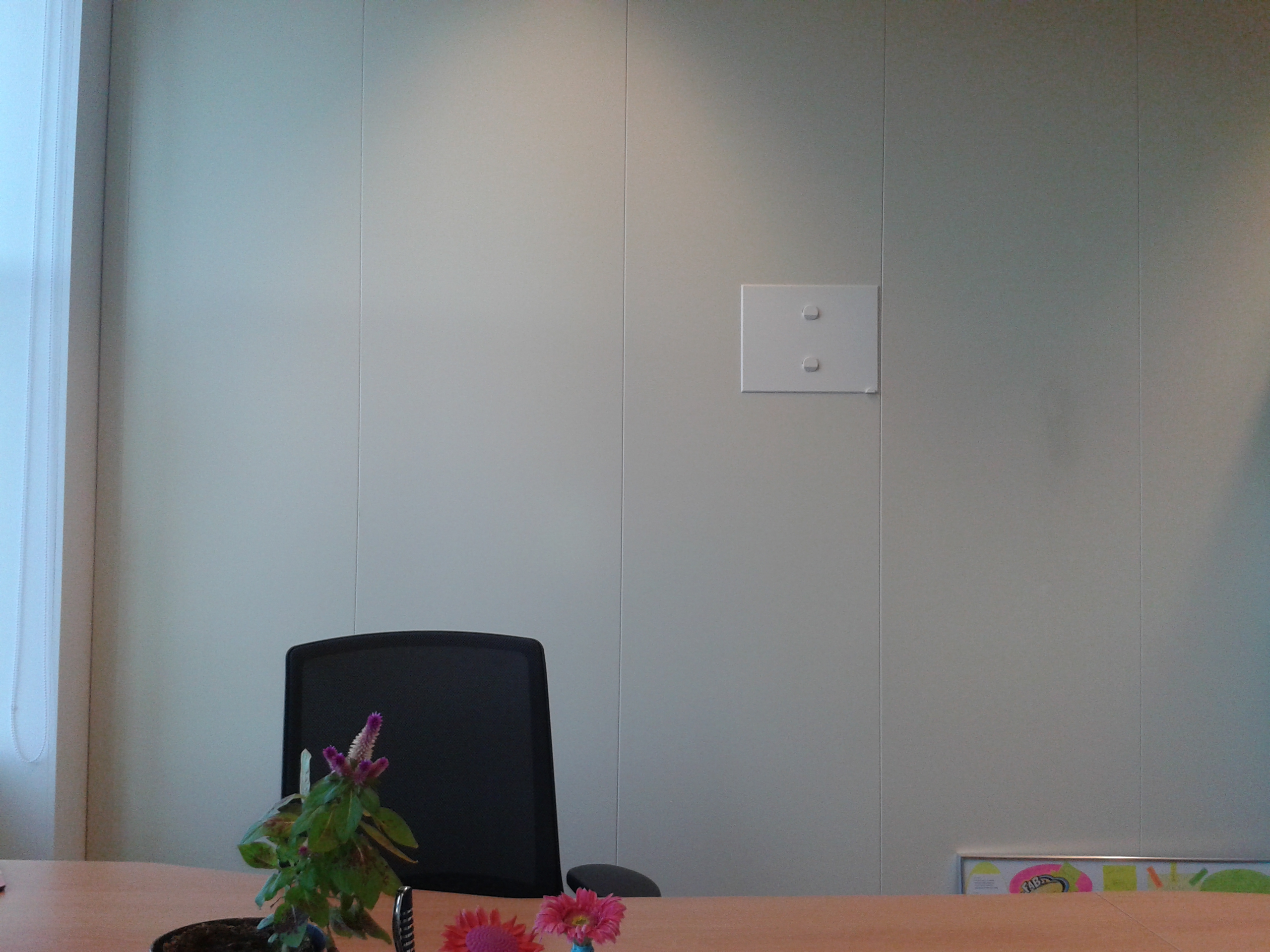
Plan your PhD: Tips for starting PhD’s


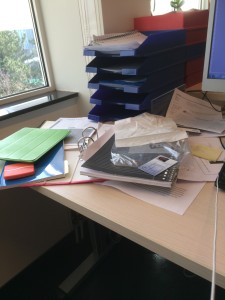

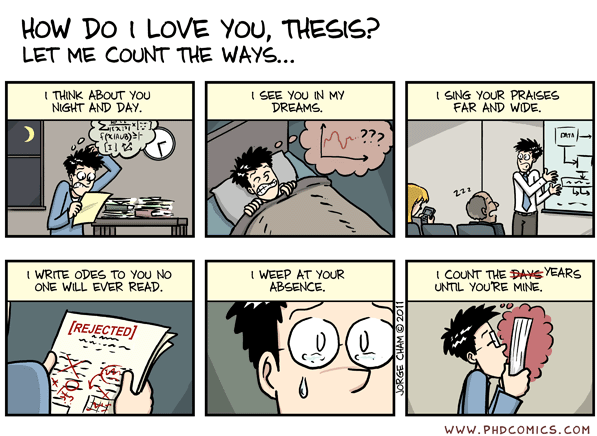
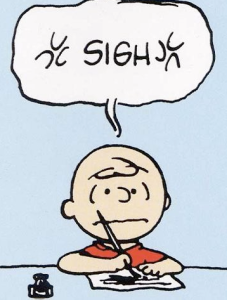
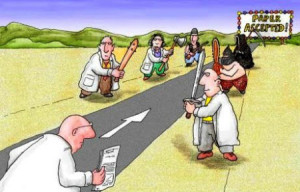




Recent Comments